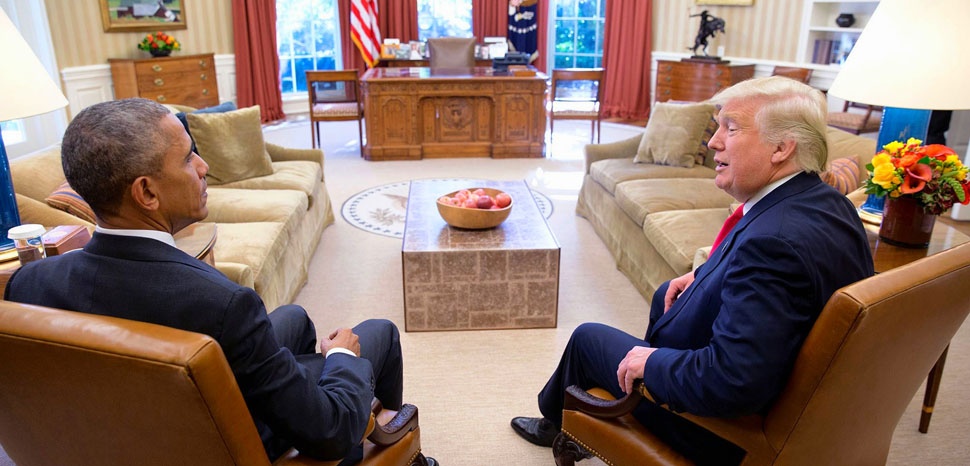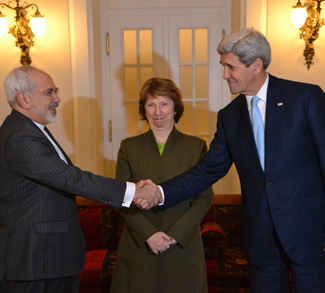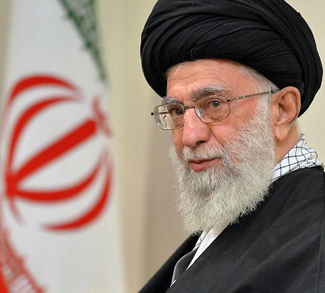Burgeoning trade wars and the U.S. summit with North Korea have dominated the headlines over the past few months. However, the U.S. decision to withdraw from the 2015 Iran nuclear deal in May warrants renewed attention now that economic sanctions have been reimposed on Iran.
The Iran nuclear deal, officially named the Joint Comprehensive Plan of Action, was signed by the U.S., Iran, United Kingdom, Russia, France, China, Germany and the European Union in 2015. In a nutshell, the deal restricted Iran’s ability to develop nuclear weapons in exchange for lifting some economic sanctions. Although critics believed the deal failed to effectively curtail Iran’s bomb making ability, international reaction to the agreement was largely positive since most experts felt it wrung tangible concessions from Iran.
The deal’s critics believe that it didn’t adequately curtail Iran’s nuclear program because the enforcement mechanisms were too weak, leaving the Iranian threat to the U.S. and its allies unacceptably high, especially for Israel. Moreover, critics felt that the deal failed to address other U.S. goals vis-à-vis Iran, such as limiting the Islamic Republic’s regional influence and restricting its ballistic missile program. Removing economic sanctions, a powerful piece of leverage, just to curtail the nuclear program was seen as an unbalanced trade-off. They also felt the deal was an act of appeasement toward the Iranian regime, similar to Neville Chamberlin’s Munich agreement with the Nazis before World War II.
When the U.S. exited the agreement, it announced it would reimpose economic sanctions against Iran this summer, which it has now done. The U.S. government also declared that any company still doing business with Iran by November would be prohibited from conducting business with the U.S. Naturally, this threat could have a chilling effect on foreign economic activity in Iran since the U.S. market is significantly bigger than Iran’s; Daimler-Chrysler already announced it would cancel its Iranian expansion plans.
However, it is hard to countenance the critics’ logic. First, the agreement mandated that the U.S. lift only some economic sanctions – several others remained on the books. Since the U.S. had not relinquished all levers of economic pressure, the degree of sanctions relief was commensurate with the goals achieved.
Second, the idea that removing all inspectors, freeing Iran to do as it pleases, enhances U.S. security rather than weakens it strains one’s credulity. If enforcement mechanisms were too weak under the deal, how does removing all nuclear supervision improve that situation? It would be akin to simply unlocking the prison door because one felt the current locks were insufficient. The more rational approach would be to bank the accomplishments one has attained and seek additional ones later.
Third, contrary to what the naysayers argue, lifting economic sanctions on Iran actually increased political pressure on the regime because it could no longer simply blame the U.S. if its economy failed to improve. Instead, Iranians would hold their leaders accountable for their corruption and mismanagement rather than the ‘Great Satan.’
Fourth, pulling out of the deal isolates the U.S. from its allies since they remain committed to the deal’s success. Diplomatic pressure is magnified when one has allies, so a US-led, multinational effort to improve the deal would have better odds for success than a solo effort. The U.S. withdrawal also gives Iran the moral high ground because, according to international observers, Iran was adhering to the agreement’s terms – it was the U.S. that broke its word.
Finally, the deal in no way appeases Iran because it did not preclude U.S. efforts to restrict Iran’s malignant regional activities. During the Cold War with the Soviet Union, the U.S. effectively pursued a similar multi-track strategy. Ronald Reagan called the Soviet Union an evil empire and supported proxy wars to contain Soviet aggression, but he also signed several nuclear deals with our avowed foe.
Withdrawing from the nuclear deal with Iran was a strategic and diplomatic blunder and another example of this administration’s desire to “go it alone.” Let’s hope the administration really knows what it is doing.
The opinions, beliefs, and viewpoints expressed by the authors are theirs alone and don’t reflect the official position of Geopoliticalmonitor.com or any other institution.




